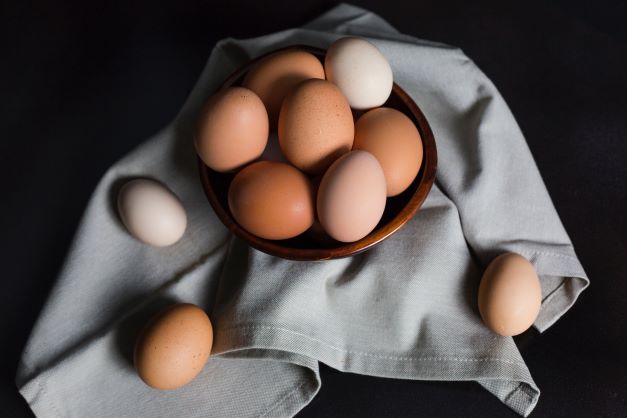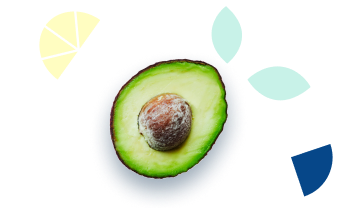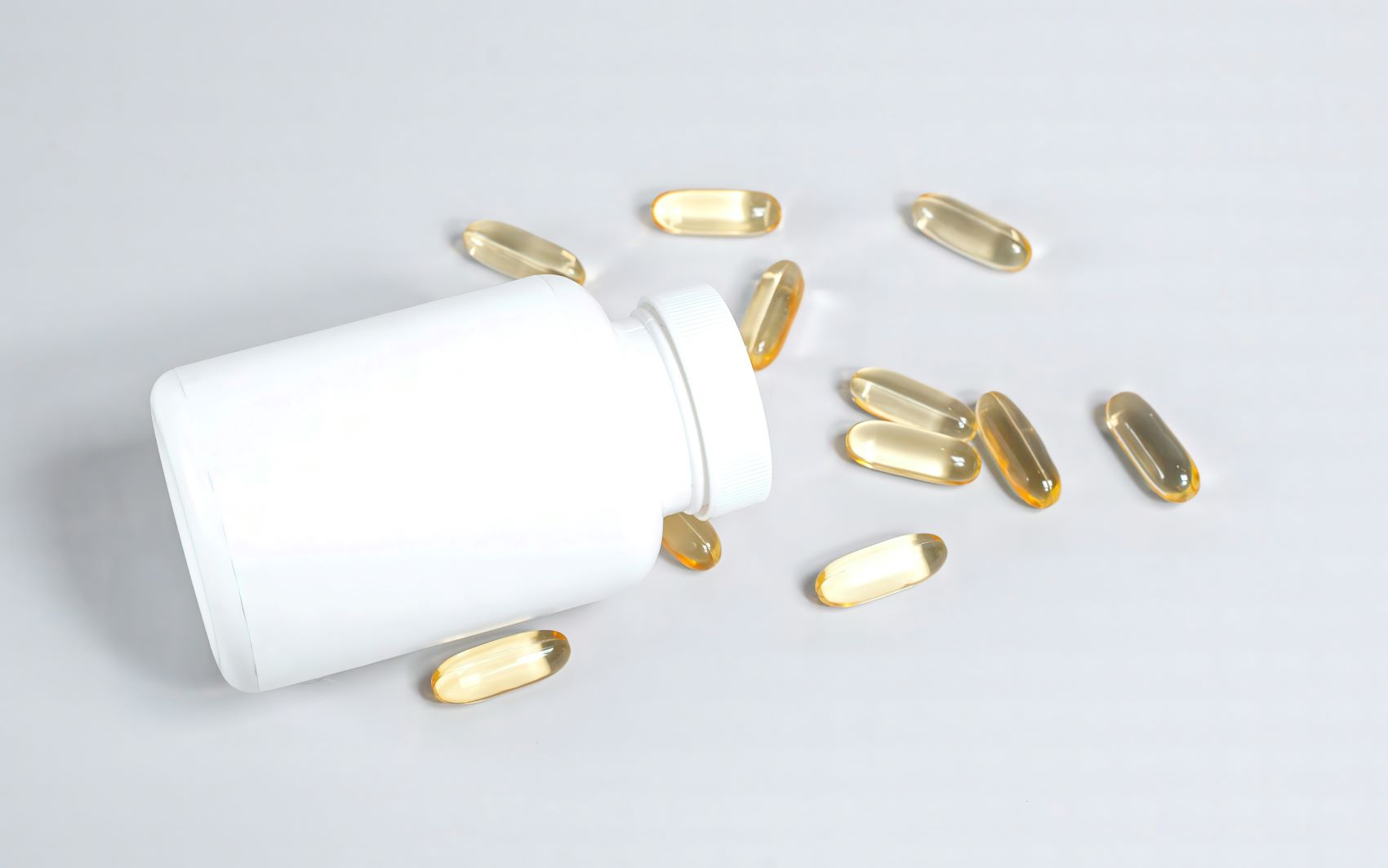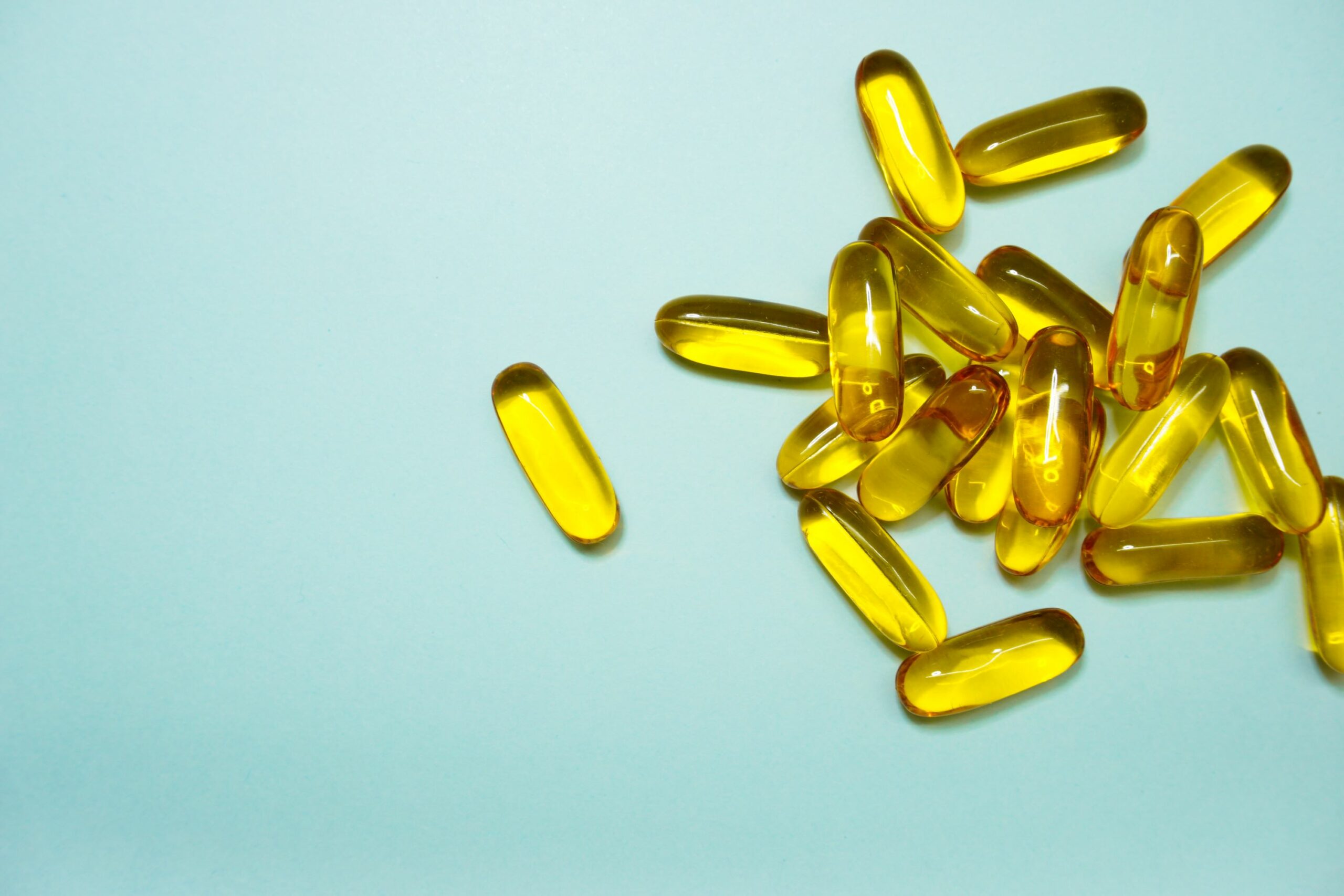
Egg quality is a major factor influencing chances of conception. This is true whether you are trying to conceive naturally or with the help of IVF. Knowing how to improve egg quality and what foods improve egg quality can make all of the difference to your chances of conception whatever your age.
Keep reading to find out how to improve your egg quality. We include our top 3 foods to improve egg quality as well as lifestyle factors that affect egg quality to help you improve your chances of a successful conception.
Why is the quality of our eggs important?
To create a healthy embryo we need 2 things; a good quality egg and a good quality sperm.
The amount of eggs we have is set for life and the quantity of them decreases with age. However, egg quality is something that we can influence through our diet, lifestyle, supplements and external surroundings. As we age egg quality does naturally decline however, and very importantly, there are things we can do with our diet and lifestyle to improve their quality and to reduce the effects of age and external factors on their quality.
Having higher quality eggs means that an egg has a higher likelihood of;
- being fertilised by a sperm
- developing into a high quality embryo
- implanting in the uterus, and resulting in a successful pregnancy.
This makes optimising your egg quality an extremely important part of optimising your fertility.
What are the signs of bad egg quality
Your egg quality may not be something you have through about until now. Generally we don’t know if we have good or bad quality eggs unless our eggs have been tested as part of assisted reproductive treatment.
Signs of bad egg quality can include;
- difficulty getting pregnant
- late, or missed periods
- shorter menstrual cycles
- heavy periods
Doing all you can to improve egg quality can support your fertility outcomes and increase your chances of a successful conception.
Can diet improve egg quality?
Yes it can. A diet high in antioxidant nutrients can help protect our maturing eggs from damage by oxidative stress. Incorporating foods to improve egg quality can be an easy way to make a big difference.
Oxidative stress is something that we all have a certain level of, however if levels of oxidative stress get too high it can cause damage to our body’s cells including our eggs.
The following can contribute to higher levels of oxidative stress and poorer egg quality:
- Low antioxidant intake from food
- excess weight gain
- high intake of sugar
- saturated fat and processed foods
A Mediterranean style diet, which generally includes of lots of wholegrains, fruit, vegetables, legumes, nuts, seeds and fish is high in antioxidant nutrients and is an optimal dietary pattern for improving egg quality.
A western style diet on the other hand that typically consists of highly processed and refined foods which have high amounts of saturated fats, salt and sugar may be detrimental for egg quality.
How to improve egg quality and ovarian reserve Meal Plan & Guide
This guide & 2 week meal plan takes you through everything you need to know about diet, lifestyle and supplements to promote egg quality and quantity, whether for natural conception or IVF.

Top 4 foods to improve egg quality
If you’re wondering whether there are natural ways to boost your egg quality, then you’ll be glad to know there are some foods you can include in your diet to help:
- Broccoli is a rich source of folate which is important antioxidant for egg maturation and embryo implantation (1)
- Salmon is a plentiful source of omega 3 fatty acids. These are can improve egg quality and can delay ovarian ageing in women over the age of 35 (2)
- Brazil nuts are an excellent sources of Selenium which can promote a healthy environment for egg production (3)
- Milk is full of zinc which is important for egg production and maturation (3)
Can supplements impact egg quality
Taking a prenatal multivitamin supplement containing 400mcg of folic acid or methylated folate can support your intake of the many antioxidant nutrients alongside dietary sources.
Depending on your history, your dietary intake, your age and your lifestyle there may also be other supplements that you could take to support your egg quality. A Specialist Fertility Nutritionist or Dietitian will be able to give you tailored expert advice.
Are lifestyle changes important?
Our lifestyle can also play an influential role in improving our egg quality. For example, reducing stress, not smoking and avoiding alcohol and recreational drugs are all positive changes you can make.
Our weight can be a factor that influences our egg quality. Being of a higher weight (BMI >30) can lower egg quality due to inflammation and oxidative stress which can affect the DNA of cells that help with fertility. This can lead to smaller eggs that are less likely to fertilise normally. Optimising weight through a fertility friendly diet can support your egg quality and fertility outcomes.
Can I naturally improve egg quality after 40?
Poorer egg quality and advancing age unfortunately come hand in hand As we get older, levels of oxidative stress in our bodies can build up due to external exposures impacting egg quality.
Although diet can’t repair damaged eggs, a fertility promoting diet can protect healthy eggs and promote good egg quality. It only takes one egg and one sperm to create a pregnancy, even if you don’t have a high number of eggs, focusing on the quality of the eggs we do have can make all the difference for achieving a successful conception and for a healthy pregnancy to develop
Conception rates for women aged 40 years and over have more than doubled in the past 20 years (8). Making lifestyle and dietary adjustments can help support the quality of your remaining eggs.
How long does it take to improve egg quality?
It is perfectly understandable to want results immediately. We know that the maturation cycle of an egg from an immature oocyte to an egg that is ready for ovulation is around 3 months or 90 days. Therefore three months prior to conception is the ideal timeframe in which to make positive egg quality promoting changes to your diet and lifestyle.
This is not to say that you won’t see results within a shorter time frame. A lot of people ask ‘can I improve egg quality in 30 days?’ Any changes that you make from this point going forwards will be beneficial not only for the quality of your eggs but for all aspects of your, fertility. It all counts towards supporting your chances of conceiving and sustaining a healthy pregnancy.
The takeaway
As you can see, there are lots of things you can do to take control of your egg quality. If you are looking for detailed guidance on how to promote your egg quality check out our detailed evidence based guide which includes all the details you need on diet, lifestyle and supplements as well as 2 weeks worth of recipes optimised for improving egg quality – How to Improve Egg Quality Guide and 2 Week Meal Plan.


